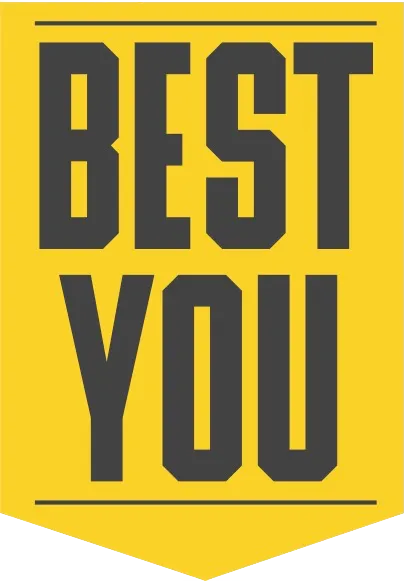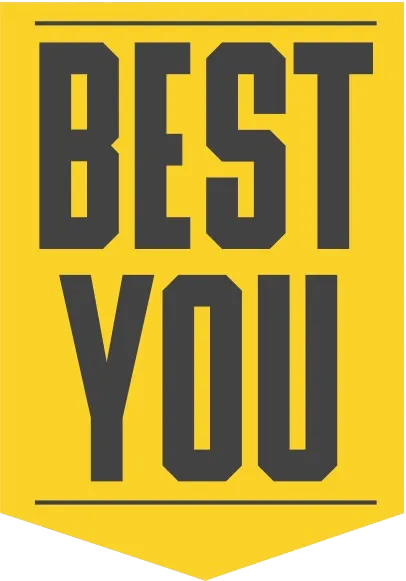
Why Eating Less Isn't Better—and Might Be Hurting You
Let’s challenge one of the biggest myths in health and fitness:
Eating less equals being healthier.
This belief has been around for decades—especially among women—and while it may feel like a path to becoming lean, attractive, or “in control,” it can actually set you up for long-term failure.
In today’s post, I’ll break down exactly how under-eating damages your metabolism, why eating too little for too long backfires, and how to restore your metabolism if you’ve fallen into this trap. If you've struggled with a slow metabolism, stalled fat loss, or fear of eating more, keep reading—this is for you.
The Dangerous Mindset: Less Food = Better
Let’s be real—this idea still lingers in our culture. You might hear it, think it, or even unconsciously live it:
"If I just eat less, I’ll get leaner. If I can shrink my appetite, I’ll stay thinner. If I can skip the meal, I’m being disciplined."
But here’s the truth:
Being skinny does not equal being healthy.
In fact, under-eating often leads to being metabolically weak, malnourished, and low on energy. Some people look thin but can’t perform physically, struggle to recover, and have zero energy reserves.
This isn’t what we're aiming for in the 10WT. You’re not here to wither away—you’re here to build strength, stamina, and a body that serves you for years to come.
How Your Metabolism Actually Works
Your body’s #1 goal is survival—not getting shredded. That means your metabolism is constantly adapting to your food intake to maintain balance (aka homeostasis).
Let’s say you normally eat 2,000 calories a day. Over time, your body adapts to burn that much daily. But if you suddenly drop to 1,000 calories, your body freaks out. It taps into fat stores at first—yes, you’ll lose some weight—but it also starts shedding muscle (your fat-burning engine) and slows down your metabolism to preserve energy.
Over time, your body adjusts to burning only 1,000 calories daily to match your intake. This is called metabolic adaptation. Now, any time you eat just a little bit more—say 1,400 calories—you're instantly in a caloric surplus, and your body starts storing fat again. This is how yo-yo dieting and fat regain happens, even when you're not eating that much.
“I Barely Eat, and I Still Can’t Lose Weight”
If that’s you, it’s not your age. It’s not just bad luck.
It’s your metabolism adapting to your chronic under-eating.
Your body has downregulated to protect itself, and now burning fat is harder than ever—not because you need to eat less, but because you need to restore your metabolism.
How to Restore Your Metabolism (Without Gaining Fat)
This is where reverse dieting comes in. Slowly and strategically, you increase your caloric intake so your body gradually learns to burn more again. For example:
If you’ve been eating ~1,000 calories per day, try increasing to 1,050 or 1,100 for a week or two.
Then bump it again by 50–150 calories per day every other week.
This slow approach prevents major fat gain while rebuilding your metabolic engine. And the more muscle you have, the more calories you’ll burn—even at rest.
Two key strategies while reverse dieting:
Stay consistent with workouts and daily movement
Prioritize protein intake to support lean muscle retention
It’s not about eating whatever you want—it’s about fueling your body properly and retraining your metabolism to trust you again.
Final Thoughts: Fuel Yourself, Don’t Starve Yourself
Under-eating isn’t discipline.
It’s not strength.
And it’s definitely not sustainable.
Your body needs food to move, recover, train, and thrive.
So let’s kill the lie that “eating less is better” and replace it with:
Eating smarter is better.
Want to learn exactly how to lose body fat the sustainable way, without wrecking your metabolism?
Join me at the Fat Loss Forever Workshop at nickcarrier.com/fatloss.
Or sign up for the Build Your Intentional Life Workshop at nickcarrier.com/intentional to improve your health, relationships, career, and more.
Let’s build a body that looks good, feels strong, and works for you—not against you.
I hope today’s message helped shift your mindset and brought you one step closer to the healthiest version of yourself—and ultimately, to your Best You.
LISTEN TO THE FULL EPISODE BELOW
Copyright 2025 Best You, LLC. All Rights Reserved
3604 Sperry Ave Nashville, TN 37215
